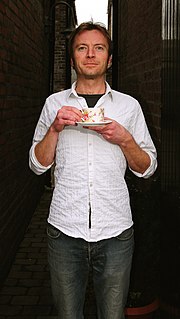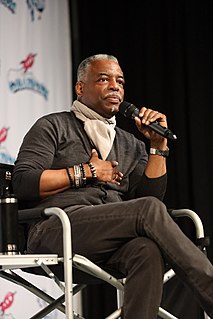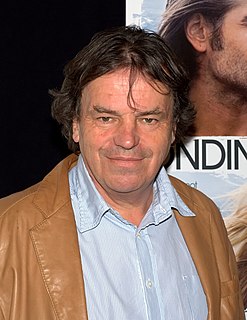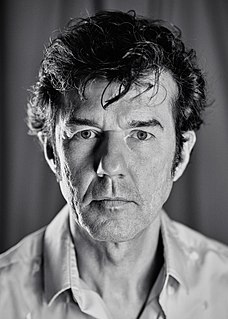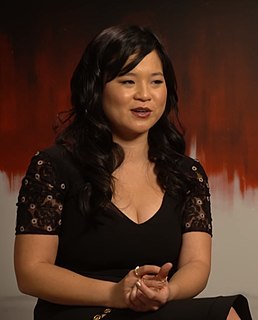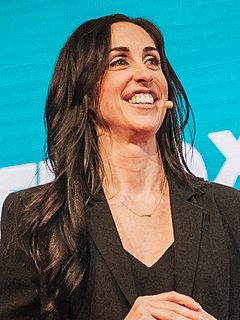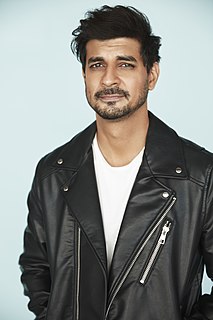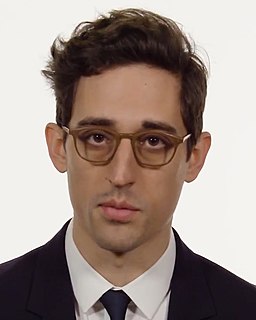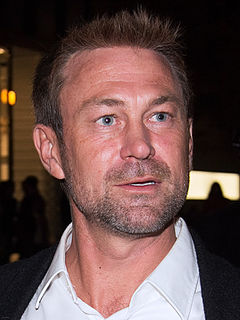A Quote by Richard Dormer
So much Western storytelling comes from Scandinavia. I've read that in the past, storytellers would travel to Iceland and exchange stories. It's kind of the birthplace of great storytelling.
Related Quotes
First, the skill of storytelling helps to galvanize your team. Second, the discipline of storytelling requires leaders to be clear about their intentions and to prioritize what fits into the story versus secondary goals and issues. Third, there is possibly an artifact here - great storytellers can make their exploits and achievements sound very exciting and memorable. Successful leaders who are not good storytellers won't get the acknowledgement and appreciation they deserve.
The storytelling mind is allergic to uncertainty, randomness, and coincidence. It is addicted to meaning. If the storytelling mind cannot find meaningful patterns in the world, it will try to impose them. In short, the storytelling mind is a factory that churns out true stories when it can, but will manufacture lies when it can’t.
I remember how as I kid I would love stories of every kind - whether they were narrated in school or what I read in books. Storytelling would always appeal to me, I would take part in poetry reciting, dramatics, choreography and debates. There was this fascination for performance, which finally culminated in a professional sphere.
Television is what we call the long form of storytelling, where we tell stories over thirteen, twenty-two, or twenty-four hours. Miniseries is an eight-hour form of storytelling, and film is a two-hour form. Each and every one of them are important to me, because they're a different modality of storytelling.
